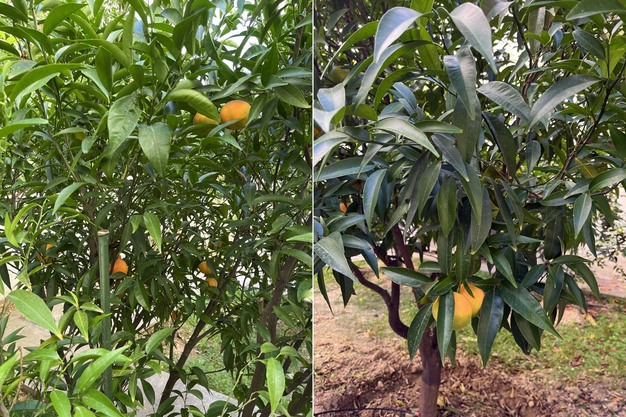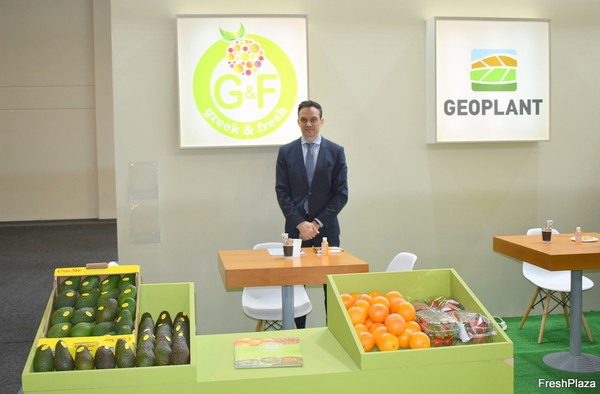It’s been a pretty generic season when it comes to the Greek citrus this year, says Nick Nafpliotis, company director of fresh produce exporter Greek & Fresh: “The orange crop has been normal with a few changes in the sizes which is typical from season to season. The Navelina oranges were a bit smaller in size, whereas the late oranges are typical in size. The demand has been good until mid-January.”
Nafpliotis states that the mandarins have been performing well, as the quality was also quite good. “The mandarin crop, clementines and nova varieties, went well with no quality issues, due to favorable weather conditions. Although prices were a bit higher than usual, the demand was very strong from beginning of the season until end of December. From the new year onwards, we saw a drop in demand. We have now started selling the Ortanique variety, which will go until the end of February.”

In regards to competition, both Spain and Egypt have left their mark on the season. For the latter it’s mostly been a factor in the past weeks, Nafpliotis explains: “Spain was particularly strong in the beginning of the year, on both oranges and mandarins. From the new year, Greece was more competitive on the mandarins. The demand for oranges has been good until the start of January. However, in the last two weeks we’ve noticed a lower demand due to the import of Egyptian oranges.”
According to Nafpliotis, the prices for oranges were a lot higher this season due to the spread of a disease in Brazil. “This was a good season for the growers, who were able to earn much more money compared to the past season. This was attributed to the very high prices of the industrial oranges, which were doubled compared to last year. This had to do with the rapid spread of the greening disease in Brazil, which seems to have infected more than 30-35% of their production area. I expect prices to remain high for the next few years, considering that there is no cure for it.”

“Nevertheless, I expect that citrus will continue to sell well, because it is still cheaper than competitive fruits, such as apples and pears, which have also become more expensive, and are favored from the consumers due to their higher nutritional value,” Nafpliotis says.
All in all, Nafpliotis thinks that the Egyptian orange season will make the Greek season more difficult: “Looking forward, for oranges it will be more challenging, since the impact of the Egyptian season seems to be greater than in previous years. We will have to see how things will develop in the coming weeks. When it comes to mandarins; in contrast with the clementines and nova varieties, the ortanique is sold to very specific markets and we expect good sales, since the price is very competitive,” he concludes.
For more information:
Nick Nafpliotis
Greek and Fresh
Tel.: +30 215 215 8063
Email: Nick@greekandfresh.com
www.greekandfresh.com
